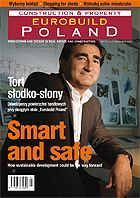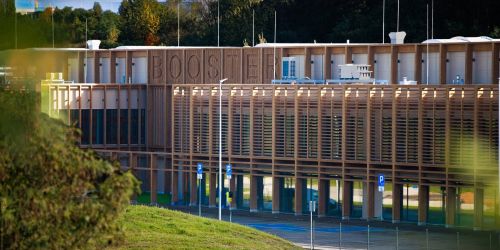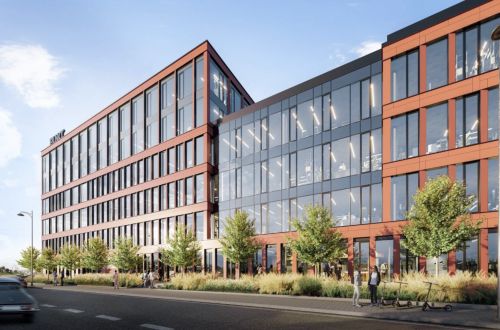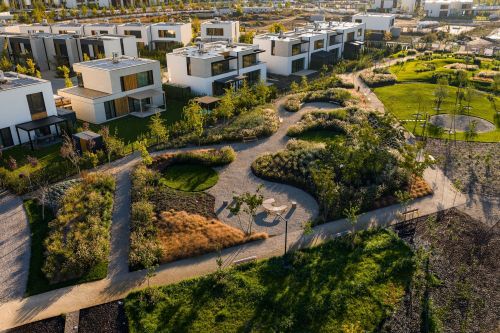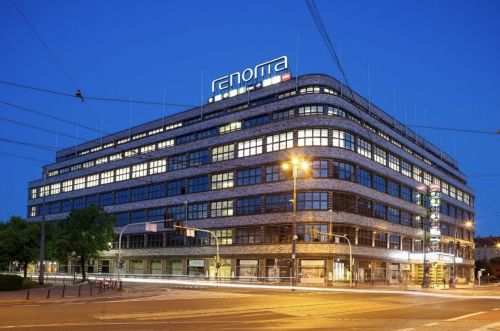PKP – the Polish state railway corporation – holds a very substantial portfolio of properties and has talked openly about cooperation with investors and developers. The trouble is that these declarations have never assumed material shape. But the Euro 2012 European Football Championships seem to offer a a real opportunity – according to Jarosław Adwent, PKP board member and property managing directorz Karol P. Bogusz, “Eurobuild Poland”: Is it true that we will be catching trains from modern stations in just a few years?Jarosław Adwent, PKP board member and property managing director: We shall be focussing our efforts on Warsaw’s East and West stations and Katowice. But the central stations in Wrocław, Kielce, Szczecin, Sopot, Łódź Fabryczna, Częstochowa and Chorzów Batory are also in line for modernization. We also want to improve the appearance of Warsaw Central station, focusing on renovating the underground sections.These were neglected f

























